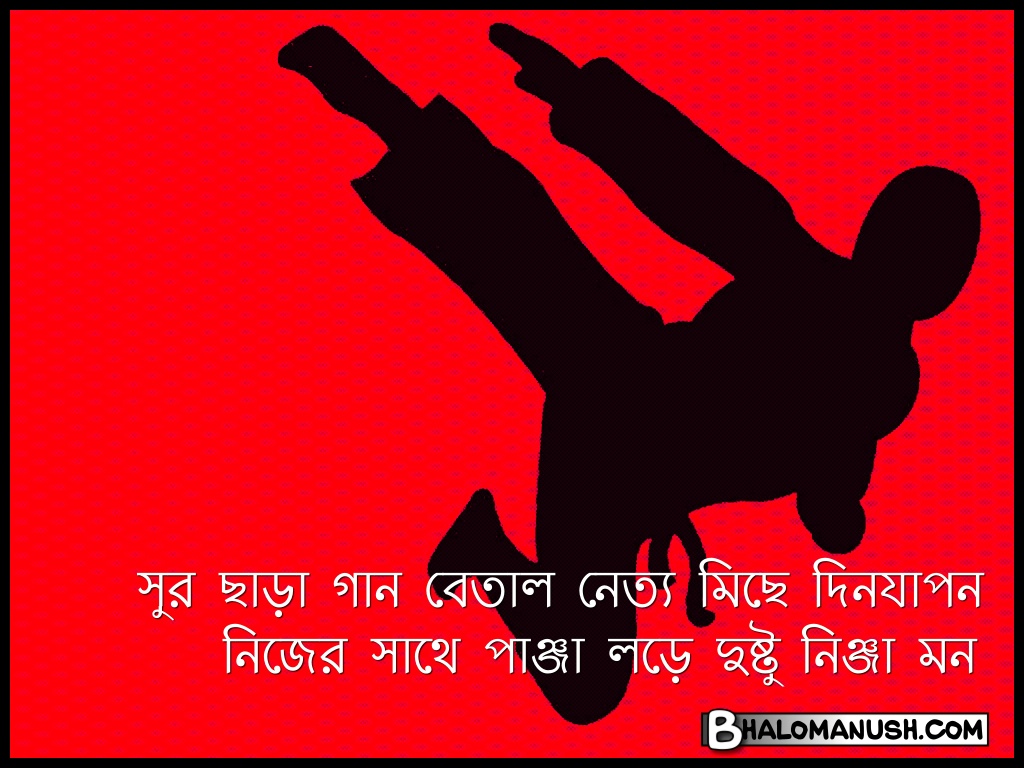আজ একটি নতুন বাংলা শব্দের সঙ্গে পরিচয় হল আমার -“মুঠোফোন”। নিজে কোনদিন ব্যবহার করিনি। বাংলাদেশের একটি দৈনিক পত্রিকা পড়তে পড়তে এই শব্দটি আমার চোখে পড়ল। আন্দাজ করে বোঝা যায় যে মুঠোফোনের মানে, যে বস্তুটিকে (আমি অন্তত) বাংলায় এতদিন ধরে মোবাইল (বা সেলফোন) বলে এসেছি। পশ্চিমবঙ্গের বাংলায় ব্যবহার হয় কী এই শব্দ? শুনিনি কখনো। গুগল-এ অনুসন্ধান করে দেখলাম এই শব্দের দেখা মেলে প্রায় ৪ লাখ পৃষ্ঠায়, যার থেকে বোঝা যায় যে অন্তত বাংলাদেশে এই বাংলা শব্দটি প্রচলিত। কিন্তু পরের মূহুর্তে নির্দিষ্ট তারিখ অনুযায়ী অনুসন্ধান করে জানলাম যে অধিকাংশ পৃষ্ঠার সৃষ্টি হয়েছে ২০০৬-এর পরে। তার আগে ইন্টারনেটে ‘মুঠোফোন’ শব্দের খুব বেশি ব্যবহার হয়নি। হয়ত মুঠোফোন বস্তুটির ব্যাবহারের হারের বৃদ্ধির সঙ্গে সঙ্গে শব্দের ব্যবহার বেড়েছে। শব্দটা মুঠোফোন হ’ল কেন সেই নিয়ে আমার কিঞ্চিত কৌতুহল আছে। সরাসরি অনুবাদ করা হয়নি সেটা স্পষ্ট বোঝা যাচ্ছে – না হলে চলন্তফোন, প্রকোষফোন, বা যানফোন ব্যবহার করা যেতে পারত। আর ফোন বা টেলিফোনের পরিবর্তে দূরভাষ ব্যবহার করতে বাধা কোথায়? তাহলে কী দাঁড়ায়? মুঠোভাষ! আর স্মার্টফোন কে বলা যেতে পারে পটুভাষ বা করিতকর্মাভাষ (দ্বিতীয়টি আমার বেশি পছন্দের)।
প্রসঙ্গত উল্লেখ্য যে আমি কোনদিন ইন্টারনেটাকে ‘আন্তর্জাল’ বলিনি যদিও ‘আন্তর্জাল পর্যটক’ এবং ‘আন্তর্জাল সার্ফার’ ব্যবহার করেছি ছদ্মনাম হিসেবে।






